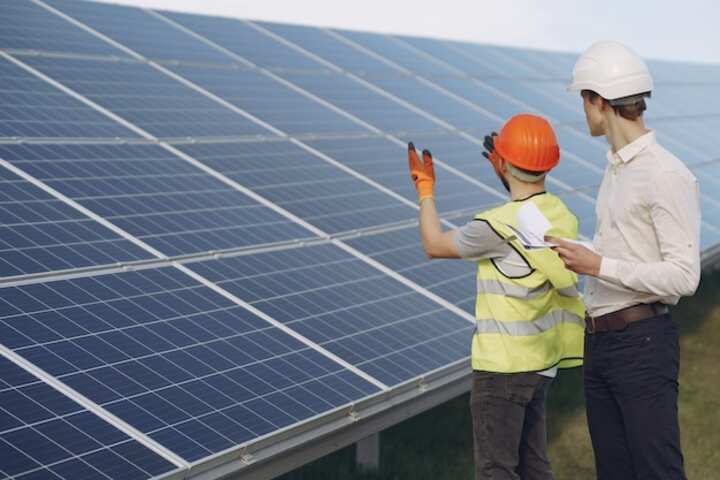
Professional Residential Solar Installation Trusted Contractors
The transition to solar energy has become an increasingly popular choice for homeowners seeking to reduce their carbon footprint and utility bills. Professional residential solar installation is a critical step in this transition, requiring skilled contractors who are knowledgeable and trustworthy. This article delves into the essential aspects of choosing the right solar installation contractors, ensuring a smooth and efficient process.
The Importance of Professional Installation
Solar energy systems are complex and require precise installation to function effectively. Professional installation is crucial for several reasons:
- Ensures safety and compliance with local regulations.
- Maximizes the efficiency and longevity of the solar panels.
- Reduces the risk of damage to property during installation.
- Provides access to warranties and after-sales support.
Read more about this topic to understand the benefits of professional installation.
Choosing Trusted Contractors
Credentials and Experience
Selecting a contractor with the proper credentials and experience is paramount. Consider the following factors:
- Certification from recognized solar installation organizations.
- Experience in installing systems similar to the homeowner's needs.
- Positive reviews and testimonials from previous clients.
Learn more in this detailed guide on evaluating contractor credentials.
Site Assessment and Customization
A thorough site assessment is necessary to tailor the solar system to the specific conditions of the property. Key considerations include:
- Roof condition and orientation.
- Shading analysis.
- Electrical infrastructure evaluation.
Explore further insights here on the importance of site assessments.
Cost Considerations and Financing Options
Understanding the financial aspects of solar installation is crucial for homeowners. Consider the following:
- Upfront costs versus long-term savings.
- Availability of government incentives and rebates.
- Financing options such as loans, leases, or power purchase agreements (PPAs).
Find additional information here on cost considerations and financing.
After-Sales Support and Maintenance
The relationship with a solar contractor does not end after installation. Ongoing support and maintenance are vital for system performance. Important aspects include:
- Availability of routine maintenance services.
- Access to technical support for troubleshooting.
- Understanding warranty terms and conditions.
Learn more in this detailed guide on after-sales support.
Conclusion
The journey to solar energy begins with selecting the right professional residential solar installation contractors. By considering the credentials, site assessment, cost, and after-sales support, homeowners can ensure a successful transition to sustainable energy. Explore further insights here for a comprehensive understanding of solar installations.